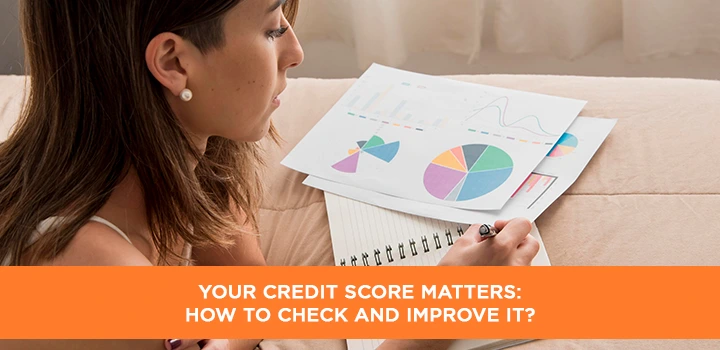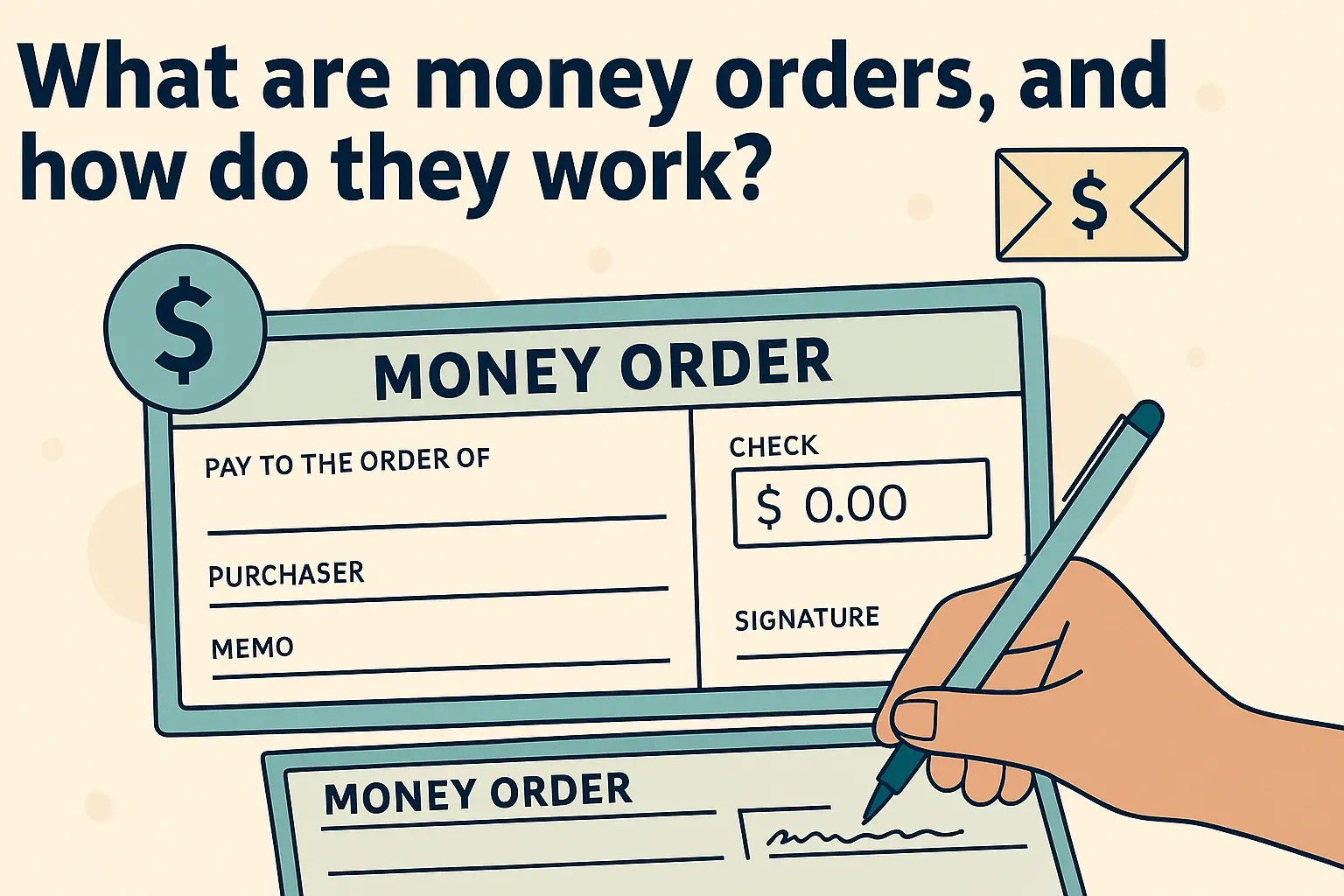-
Posted on: 23 Aug 2024

-
Buying a home is a significant financial undertaking, and understanding how much you can qualify for in a home loan is crucial. Knowing your borrowing power allows you to search for properties within your budget and avoid the disappointment of falling in love with a house you can't afford. This comprehensive guide breaks down the key factors lenders consider when determining your loan eligibility and provides insights to help you maximize your borrowing potential.
Understanding the Key Factors Affecting Your Home Loan Qualification
Several factors influence the amount a lender is willing to loan you. These factors represent the lender's assessment of your ability to repay the loan. Let's explore these in detail:
1. Income: Your Ability to Repay
Your income is one of the primary indicators of your ability to make consistent mortgage payments. Lenders typically look at your gross monthly income, which is your income before taxes and other deductions. They'll require documentation like pay stubs, W-2 forms, and tax returns to verify your income. Self-employed individuals may need to provide more extensive documentation, such as profit and loss statements and tax returns for the past two years.
Lenders want to see a stable and consistent income history. Frequent job changes or significant income fluctuations can raise red flags. If you're self-employed, lenders will often average your income over the past two years to determine your qualifying income.
2. Credit Score: Your Creditworthiness
Your credit score is a numerical representation of your credit history and reflects your ability to manage debt responsibly. A higher credit score indicates a lower risk to the lender, which can translate into better loan terms, such as lower interest rates and more favorable repayment options.
Lenders typically use credit scores from the three major credit bureaus: Equifax, Experian, and TransUnion. They'll often take the middle score of the three. A score of 740 or higher is generally considered excellent, while a score below 620 may make it difficult to qualify for a mortgage.
Improving Your Credit Score:
- Pay your bills on time: Late payments can significantly damage your credit score.
- Keep your credit card balances low: Aim to use no more than 30% of your available credit.
- Avoid opening too many new credit accounts: Each credit inquiry can slightly lower your score.
- Check your credit report for errors: Dispute any inaccuracies with the credit bureaus.
3. Debt-to-Income Ratio (DTI): Managing Your Existing Debt
Your debt-to-income ratio (DTI) is a percentage that compares your total monthly debt payments to your gross monthly income. Lenders use DTI to assess how much of your income is already committed to debt obligations. A lower DTI indicates that you have more disposable income available to cover your mortgage payments.
Calculating Your DTI:
DTI = (Total Monthly Debt Payments / Gross Monthly Monthly Income) x 100
Example: If your monthly debt payments (including credit cards, student loans, and car loans) total $1,500 and your gross monthly income is $5,000, your DTI is (1500/5000) x 100 = 30%.
Lenders typically prefer a DTI of 43% or lower, although some lenders may accept higher DTIs depending on other factors like your credit score and down payment amount. Government-backed loans like FHA loans may allow for higher DTIs in certain circumstances.
4. Down Payment: Your Investment in the Property
The down payment is the amount of money you pay upfront towards the purchase of a home. A larger down payment reduces the loan amount you need to borrow, which can lower your monthly payments and overall interest costs. It also demonstrates your commitment to the property.
Traditionally, a 20% down payment was considered standard, but many lenders now offer loans with lower down payment options, such as 3% or even lower. However, lower down payments often require private mortgage insurance (PMI), which adds to your monthly expenses. PMI protects the lender if you default on the loan. Once you reach 20% equity in the home (either through paying down the loan or appreciation in value), you can typically request to have PMI removed.
Down Payment Assistance Programs:
Many states and local governments offer down payment assistance programs to help first-time homebuyers. These programs may provide grants, low-interest loans, or tax credits to help cover the down payment and closing costs. Research available programs in your area to see if you qualify.
5. Assets: Your Financial Cushion
Lenders also consider your assets, such as savings accounts, investments, and retirement funds, as an indication of your financial stability. Having sufficient assets demonstrates that you have a financial cushion to fall back on in case of unexpected expenses or job loss.
Lenders may require documentation to verify your assets, such as bank statements and brokerage account statements. They want to ensure that the funds you're using for the down payment and closing costs are legitimately yours and not borrowed from another source.
6. Loan Type and Interest Rate: Affecting Your Monthly Payments
The type of loan you choose and the interest rate you obtain significantly impact your monthly mortgage payments and the total amount you'll pay over the life of the loan.
Types of Mortgages:
- Conventional Loans: These loans are not insured or guaranteed by the government and typically require a higher credit score and down payment.
- FHA Loans: These loans are insured by the Federal Housing Administration and are often easier to qualify for, especially for first-time homebuyers. They require mortgage insurance.
- VA Loans: These loans are guaranteed by the Department of Veterans Affairs and are available to eligible veterans, active-duty military personnel, and surviving spouses. They typically do not require a down payment or mortgage insurance.
- USDA Loans: These loans are offered by the U.S. Department of Agriculture and are available to homebuyers in eligible rural areas.
- Adjustable-Rate Mortgages (ARMs): These loans have an interest rate that adjusts periodically based on a benchmark index. ARMs typically start with a lower interest rate than fixed-rate mortgages but can increase over time.
- Fixed-Rate Mortgages: These loans have an interest rate that remains the same for the entire loan term, providing predictability in your monthly payments.
Interest Rates:
Interest rates are influenced by various factors, including the overall economic climate, inflation, and the lender's assessment of your creditworthiness. Comparing rates from multiple lenders is essential to secure the best possible deal.
7. Location and Property Type: Factors Lenders Consider
The location and type of property you're purchasing can also influence the loan amount you qualify for. Lenders consider the market value of similar properties in the area and the overall stability of the neighborhood.
Condominiums, for example, may have different lending requirements compared to single-family homes. Lenders often review the financial health of the homeowners' association (HOA) and the overall condition of the building before approving a loan for a condo. Properties in areas prone to natural disasters may also require additional insurance coverage, which can impact affordability.
Steps to Determine How Much You Can Qualify For
While this guide provides a general overview, here are the steps you can take to get a more accurate estimate of your borrowing power:
- Check Your Credit Report: Obtain a free copy of your credit report from AnnualCreditReport.com and review it for any errors or inaccuracies.
- Use a Mortgage Calculator: Online mortgage calculators can provide a rough estimate of your potential loan amount based on your income, debts, and down payment.
- Get Pre-Approved: Pre-approval involves submitting your financial information to a lender, who will then review your application and provide a conditional loan approval. This gives you a more accurate idea of how much you can borrow and strengthens your offer when you find a property.
- Speak with a Mortgage Professional: A mortgage broker or loan officer can provide personalized guidance based on your specific financial situation and help you explore different loan options.
Maximizing Your Borrowing Potential
Here are some strategies to improve your chances of qualifying for a larger home loan:
- Pay Down Debt: Reducing your debt-to-income ratio can significantly increase your borrowing power.
- Increase Your Down Payment: A larger down payment reduces the loan amount and may eliminate the need for PMI.
- Improve Your Credit Score: Focus on paying your bills on time and keeping your credit card balances low.
- Consolidate Debt: Consolidating high-interest debt into a lower-interest loan can free up cash flow and improve your DTI.
- Save for Closing Costs: Closing costs can add up to several thousand dollars, so be sure to factor them into your budget.
The Importance of Getting Pre-Approved
Getting pre-approved for a mortgage is a crucial step in the home-buying process. It not only gives you a clear understanding of your budget but also strengthens your offer when you find a property. Sellers are more likely to accept an offer from a pre-approved buyer because it demonstrates that you're a serious and qualified candidate.
During the pre-approval process, the lender will verify your income, credit history, and assets. They'll then provide you with a pre-approval letter stating the maximum loan amount you're approved for. Keep in mind that pre-approval is not a guarantee of final loan approval, as the lender will still need to appraise the property and conduct a final review of your financial situation.









